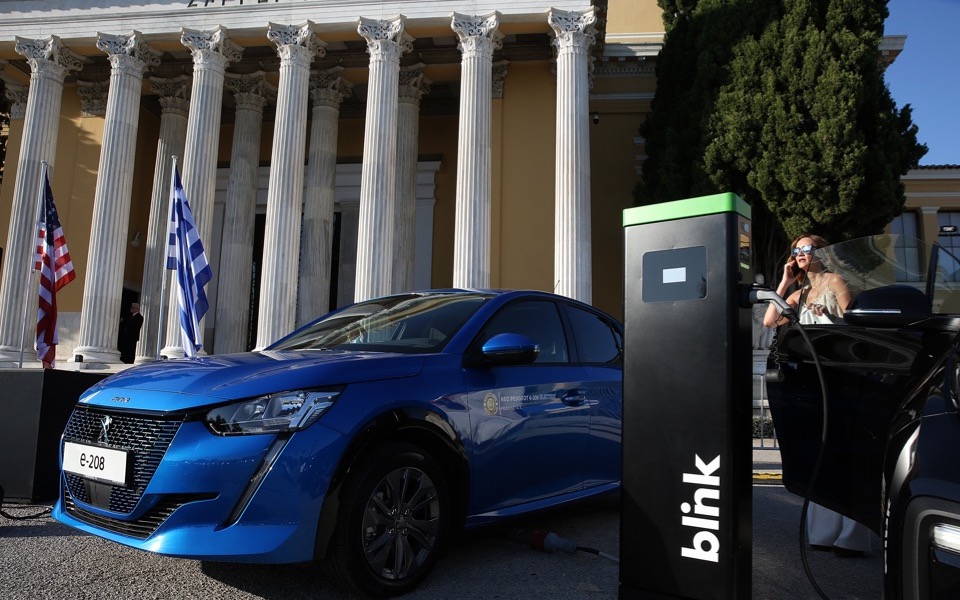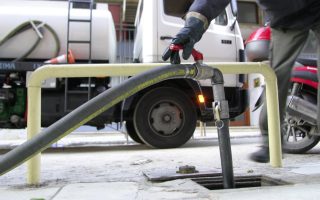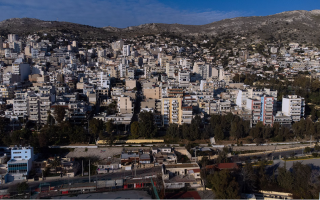Not enough chargers for electric vehicles

“Range anxiety” is the term used to describe drivers’ angst when their vehicle may not have enough juice to get them to their destination. For electric vehicle drivers, this anxiety is even more acute as the network of public chargers in Greece has not been developed sufficiently.
The market describes range anxiety as one of the main problems faced by electric car drivers, with industry insiders stressing the need for the charger network to expand rapidly, with the right geographical distribution that would cover the entire country and help promote electric mobility.
Representatives of Greek companies that have championed the new market’s development stress that unless licensing problems with charging stations are resolved, Greek drivers will not be able to rid themselves of that “range anxiety” in the next couple of years. Market professionals say this is a realistic target, provided that the licensing framework gets simplified.
“At times the approval of licenses may take between six to eight months,” says Ilias Petris, strategy and corporate development director at NRG, the company through which listed refinery group Motor Oil has entered the electrical mobility market. That is confirmed by Spyros Kiartzis, the chief executive of ElpeFuture (a Hellenic Petroleum subsidiary), which is developing an extensive network of charging stations and other services.
The two oil companies are leading the development of the charging network by using their network of fuel stations across the country. Kiartzis says ElpeFuture has installed 35 rapid chargers and aims at reaching 100 by the end of the year. Petris adds that NRG has installed 33 rapid chargers and 71 regular ones, and will soon add another seven rapid chargers and 15 regular points, covering 91 cities across the country.
Public Power Corporation, through “DEI Blue,” has also installed 15 rapid chargers at key points such as the Athens airport and the Thessaloniki International Fair center.
The local market is suffering from other teething problems as well, however. The installation of a rapid charger – which can fill up a car battery in 30 minutes instead of 2 hours at a regular point – requires a powerful electricity station that the grid operator has to supply, often taking up to eight months.





